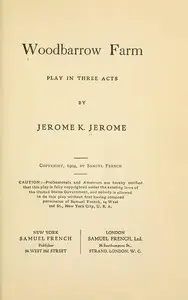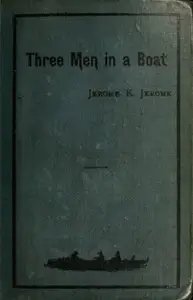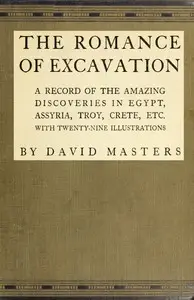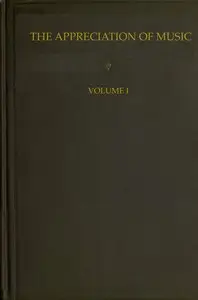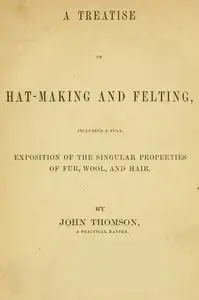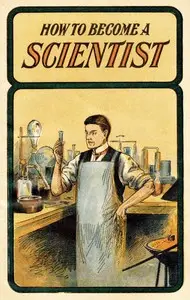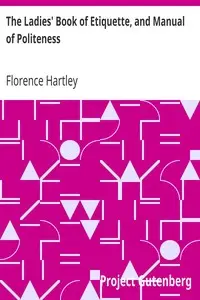"Clocks" by Jerome K. Jerome is a humorous essay written during the late 19th century. This collection of reflections explores the eccentricities of clocks and their relationship to human behavior and timekeeping. Jerome uses a light-hearted tone to delve into the themes of exaggeration, pretense, and the human tendency to worship appearances over reality. In this witty narrative, the author recounts his experiences and observations concerning various types of clocks. He contrasts the reliable yet often frustrating clock that fails when relied upon with the whimsical clocks that are perpetually wrong but charmingly independent. Jerome shares a personal story about an old grandfather clock purchased for his home, which strikes unusual hours, causing a comedic series of events and worries among his family. The chaotic nature of the clock becomes a metaphor for life's unpredictability, illustrating the folly of trying to adhere strictly to time while also humorously critiquing societal pretensions and our obsession with maintaining appearances. Through laughter and keen observation, "Clocks" invites readers to ponder the deeper truths about time and human nature. (This is an automatically generated summary.)

Clocks
By Jerome K. (Jerome Klapka) Jerome
"Clocks" by Jerome K. Jerome is a humorous essay written during the late 19th century. This collection of reflections explores the eccentricities of c...
Jerome Klapka Jerome was an English writer and humorist, best known for the comic travelogue Three Men in a Boat (1889). Other works include the essay collections Idle Thoughts of an Idle Fellow (1886) and Second Thoughts of an Idle Fellow; Three Men on the Bummel, a sequel to Three Men in a Boat; and several other novels. Jerome was born in Walsall, England, and, although he was able to attend grammar school, his family suffered from poverty at times, as did he as a young man trying to earn a living in various occupations. In his twenties, he was able to publish some work, and success followed. He married in 1888, and the honeymoon was spent on a boat on the River Thames; he published Three Men in a Boat soon afterwards. He continued to write fiction, non-fiction and plays over the next few decades, though never with the same level of success.

